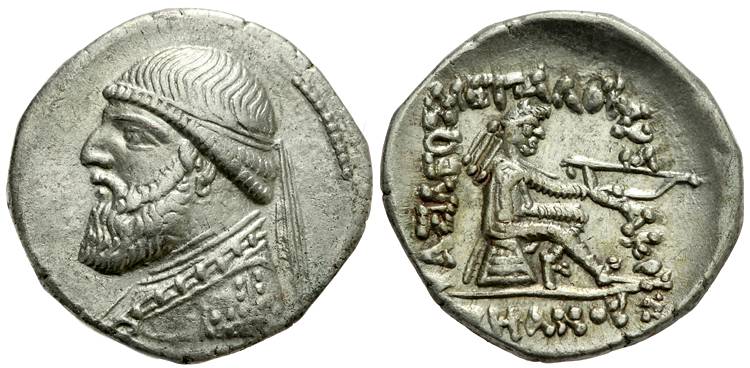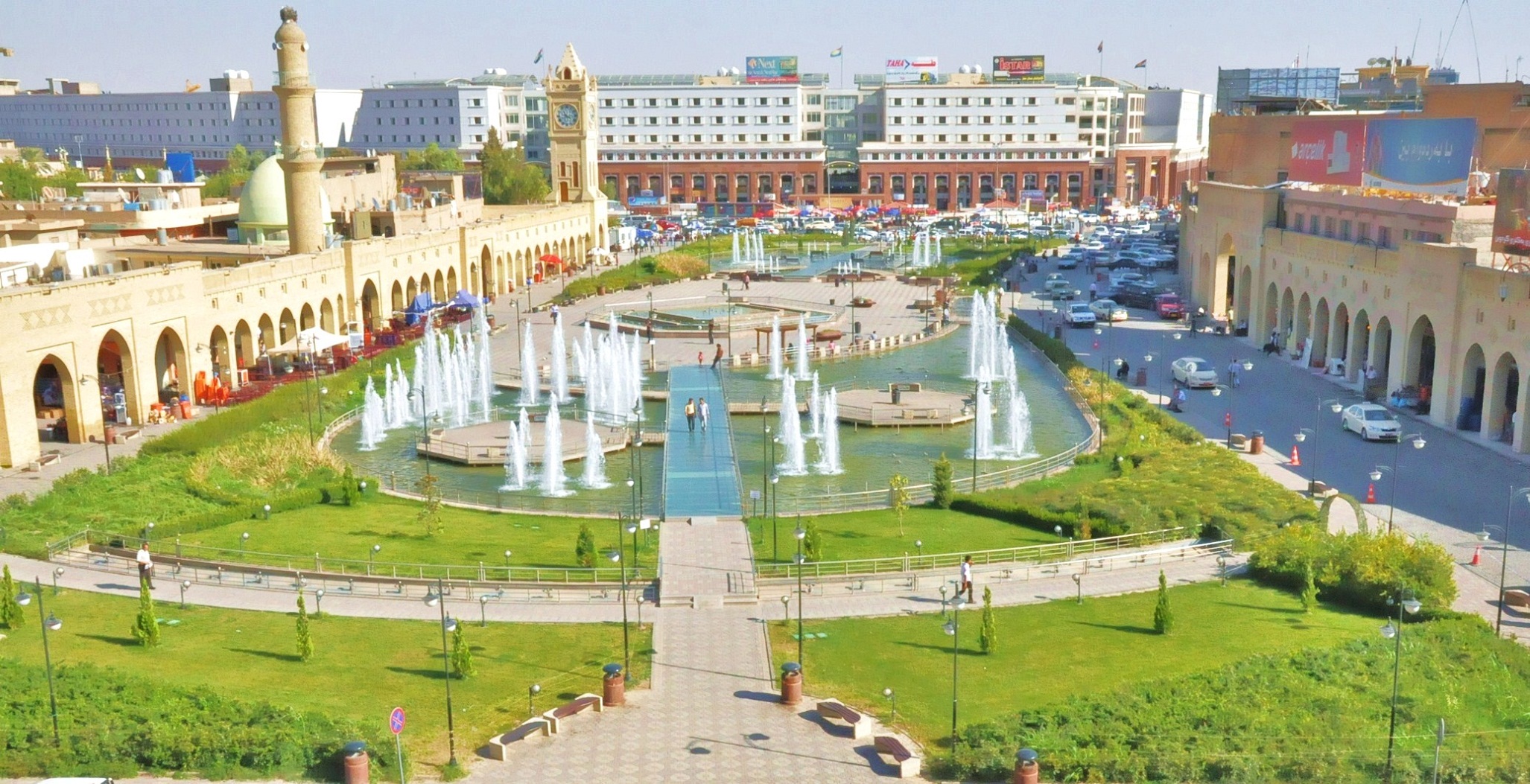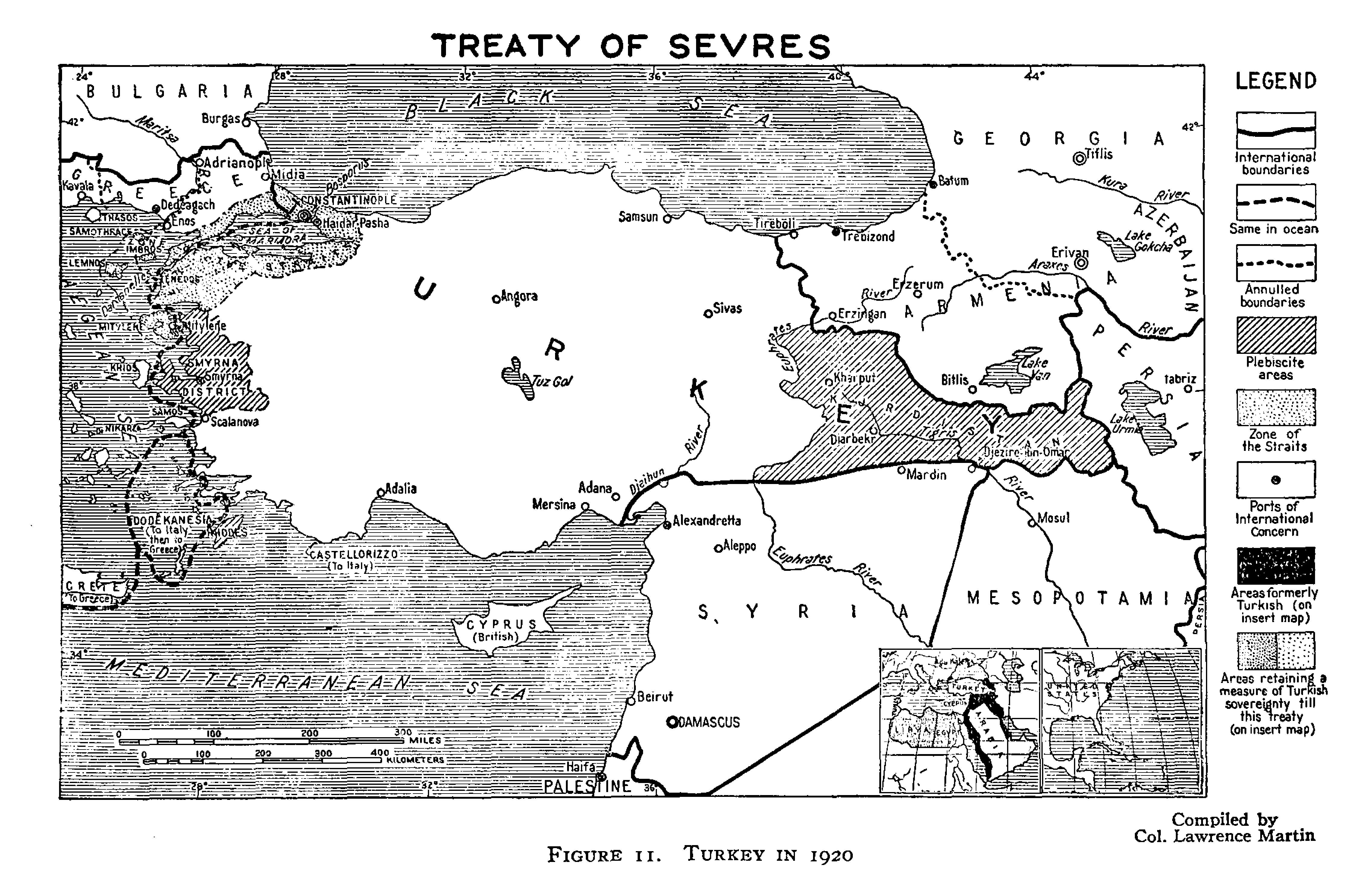|
Ibn Al-Salah
Abū ‘Amr ‘Uthmān ibn ‘Abd il-Raḥmān Ṣalāḥ al-Dīn al-Kurdī al-Shahrazūrī () (c. 1181 CE/577 AH – 1245/643), commonly known as Ibn al-Ṣalāḥ, was a Kurdish Shafi'i hadith specialist and the author of the seminal '' Introduction to the Science of Hadith''. He was born in the village of Sharazoor in Slemani, Kurdistan and was raised in Mosul and then resided in Damascus, where he died. Early life Birth Ibn al-Ṣalāḥ was born in the year 1181 CE/577 AH in Sharazor. Education He first studied ''fiqh'' with his father in Sharazor, located in the south-eastern part of what is currently referred to as Iraqi Kurdistan. He then occupied himself in Mosul for an unknown period of time, studying under a number of local religious scholars. He studied in a number of cities, including: Baghdad, Hamedan, Naysabur, Merv, Aleppo, Damascus and Harran. Ibn Khallikan said that he had heard that Ibn al-Ṣalāḥ had repeatedly read ''al-Muhathab'', one of the pr ... [...More Info...] [...Related Items...] OR: [Wikipedia] [Google] [Baidu] |
Islam
Islam is an Abrahamic religions, Abrahamic monotheistic religion based on the Quran, and the teachings of Muhammad. Adherents of Islam are called Muslims, who are estimated to number Islam by country, 2 billion worldwide and are the world's Major religious groups, second-largest religious population after Christians. Muslims believe that Islam is the complete and universal version of a Fitra, primordial faith that was revealed many times through earlier Prophets and messengers in Islam, prophets and messengers, including Adam in Islam, Adam, Noah in Islam, Noah, Abraham in Islam, Abraham, Moses in Islam, Moses, and Jesus in Islam, Jesus. Muslims consider the Quran to be the verbatim word of God in Islam, God and the unaltered, final revelation. Alongside the Quran, Muslims also believe in previous Islamic holy books, revelations, such as the Torah in Islam, Tawrat (the Torah), the Zabur (Psalms), and the Gospel in Islam, Injil (Gospel). They believe that Muhammad in Islam ... [...More Info...] [...Related Items...] OR: [Wikipedia] [Google] [Baidu] |
Ibn Khallikan
Aḥmad bin Muḥammad bin Ibrāhīm bin Abū Bakr ibn Khallikān (; 22 September 1211 – 30 October 1282), better known as Ibn Khallikān, was a renowned Islamic historian of Kurdish origin who compiled the celebrated biographical encyclopedia of Muslim scholars and important men in Muslim history, '' Deaths of Eminent Men and the Sons of the Epoch'' (). Due to this achievement, he is regarded as the most eminent writer of biographies in Islamic history. Life Ibn Khallikān was born in Erbil on 22 September 1211 (11 Rabī’ al-Thānī, 608), into a family that claimed descent from Barmakids, an Iranian dynasty from Balkh. His primary studies took him from Erbil, to Aleppo and to Damascus, before he took up jurisprudence in Mosul and then in Cairo, where he settled. He gained prominence as a jurist, theologian and grammarian. An early biographer described him as "a pious man, virtuous, and learned; amiable in temper, in conversation serious and instructive. His exterior ... [...More Info...] [...Related Items...] OR: [Wikipedia] [Google] [Baidu] |
Hamedan
Hamadan ( ; , ) is a mountainous city in western Iran. It is located in the Central District of Hamadan County in Hamadan province, serving as the capital of the province, county, and district. As of the 2016 Iranian census, it had a population of 554,406 people in 174,731 households. Hamadan is believed to be among the oldest Iranian cities. It was referred to in classical sources as Ecbatana ( Old Persian ). It is possible that it was occupied by the Assyrians in 1100BCE; the Ancient Greek historian, Herodotus, states that it was the capital of the Medes, around 700BCE. Hamadan is situated in a green mountainous area in the foothills of the 3,574-meter Alvand Mountain, in midwestern Iran. The city is 1,850meters above sea level. It is located approximately southwest of Tehran. The old city and its historic sites attract tourists during the summer. The major sights of this city are the Ganj Nameh inscription, the Avicenna monument and the Baba Taher monument. The m ... [...More Info...] [...Related Items...] OR: [Wikipedia] [Google] [Baidu] |
Baghdad
Baghdad ( or ; , ) is the capital and List of largest cities of Iraq, largest city of Iraq, located along the Tigris in the central part of the country. With a population exceeding 7 million, it ranks among the List of largest cities in the Arab world, most populous cities in the Middle East and Arab world and forms 22% of the Demographics of Iraq, country's population. Spanning an area of approximately , Baghdad is the capital of its Baghdad Governorate, governorate and serves as Iraq's political, economic, and cultural hub. Founded in 762 AD by Al-Mansur, Baghdad was the capital of the Abbasid Caliphate and became its most notable development project. The city evolved into a cultural and intellectual center of the Muslim world. This, in addition to housing several key academic institutions, including the House of Wisdom, as well as a multi-ethnic and multi-religious environment, garnered it a worldwide reputation as the "Center of Learning". For much of the Abbasid era, duri ... [...More Info...] [...Related Items...] OR: [Wikipedia] [Google] [Baidu] |
Iraqi Kurdistan
Iraqi Kurdistan or Southern Kurdistan () refers to the Kurds, Kurdish-populated part of northern Iraq. It is considered one of the four parts of Greater Kurdistan in West Asia, which also includes parts of southeastern Turkey (Northern Kurdistan), northern Syria (Western Kurdistan), and northwestern Iran (Eastern Kurdistan). Much of the geographical and cultural region of Iraqi Kurdistan is part of the Kurdistan Region (KRI), a semi-autonomous administrative division, autonomous region recognized by the Constitution of Iraq. As with the rest of Kurdistan, and unlike most of the rest of Iraq, the region is inland and mountainous. Etymology The exact origins of the name ''Kurd'' are unclear. The suffix ''-stan'' is an Iranian languages, Iranian term for region. The literal translation for Kurdistan is "Land of Kurds". The name was also formerly spelled ''Curdistan''. One of the ancient names of Kurdistan is ''Corduene''.A.D. Lee, ''The Role of Hostages in Roman Diplomacy with ... [...More Info...] [...Related Items...] OR: [Wikipedia] [Google] [Baidu] |
Fiqh
''Fiqh'' (; ) is the term for Islamic jurisprudence.Fiqh Encyclopædia Britannica ''Fiqh'' is often described as the style of human understanding, research and practices of the sharia; that is, human understanding of the divine Islamic law as revealed in the Quran and the sunnah (the teachings and practices of the Islamic prophet Muhammad and his companions). Fiqh expands and develops Shariah through interpretation (''ijtihad'') of the Quran and ''Sunnah'' by Islamic jurists (''ulama'') and is implemented by the rulings (''fatwa'') of jurists on questions presented to them. Thus, whereas ''sharia'' is considered immutable and infallible by Muslims, ''fiqh'' is considered fallible and changeable. ''Fiqh'' deals with the observance of rituals, morals and social legislation in Islam as well as econo ... [...More Info...] [...Related Items...] OR: [Wikipedia] [Google] [Baidu] |
Sharazor
Shahrizor or Shahrezur () is a fertile plain in the Kurdistan Region of Iraq, situated in the Silêmanî Governorate and west of Hewraman. Shahrizor plain is watered by the tributaries of Tandjaro river which flows to Diyala and Tigris rivers. Etymology The name ''Shahrazur'' is likely derived from two Iranian words: ''shah'' (king) and (forest), hence sharazur meaning ''kingly forest (royal forest)''. Herzfeld based on the fact that in classical sources the name was spelt with an initial /s/ rather /sh/, suggested ''white forest'', which he connected with the Avestan legends. Indeed, to this day the plain of Sharazur has an important status among adherents of native religion of Yarsan as a holy and sacred region where God descends for the Last Judgement. The 12th century geographer Yaqut al-Hamawi, based on folk etymology interpreted origin of name Sharazur, from the name of the son of Zahhak, whom he mentions as founder of the famous city of Sharazor. History Human o ... [...More Info...] [...Related Items...] OR: [Wikipedia] [Google] [Baidu] |
Encyclopedia Of Islam
The ''Encyclopaedia of Islam'' (''EI'') is a reference work that facilitates the academic study of Islam. It is published by Brill and provides information on various aspects of Islam and the Islamic world. It is considered to be the standard reference work in the field of Islamic studies. The first edition was published in 1913–1938, the second in 1954–2005, and the third was begun in 2007. Content According to Brill, the ''EI'' includes "articles on distinguished Muslims of every age and land, on tribes and dynasties, on the crafts and sciences, on political and religious institutions, on the geography, ethnography, flora and fauna of the various countries and on the history, topography and monuments of the major towns and cities. In its geographical and historical scope it encompasses the old Arabo-Islamic empire, the Islamic countries of Iran, Central Asia, the Indian sub-continent and Indonesia, the Ottoman Empire and all other Islamic countries". Reception ''EI ... [...More Info...] [...Related Items...] OR: [Wikipedia] [Google] [Baidu] |
Damascus
Damascus ( , ; ) is the capital and List of largest cities in the Levant region by population, largest city of Syria. It is the oldest capital in the world and, according to some, the fourth Holiest sites in Islam, holiest city in Islam. Known colloquially in Syria as () and dubbed, poetically, the "City of Jasmine" ( ), Damascus is a major cultural center of the Levant and the Arab world. Situated in southwestern Syria, Damascus is the center of a large metropolitan area. Nestled among the eastern foothills of the Anti-Lebanon mountain range inland from the eastern shore of the Mediterranean on a plateau above sea level, Damascus experiences an arid climate because of the rain shadow effect. The Barada, Barada River flows through Damascus. Damascus is one of the List of oldest continuously inhabited cities, oldest continuously inhabited cities in the world. First settled in the 3rd millennium BC, it was chosen as the capital of the Umayyad Caliphate from 661 to 750. Afte ... [...More Info...] [...Related Items...] OR: [Wikipedia] [Google] [Baidu] |
Mosul
Mosul ( ; , , ; ; ; ) is a major city in northern Iraq, serving as the capital of Nineveh Governorate. It is the second largest city in Iraq overall after the capital Baghdad. Situated on the banks of Tigris, the city encloses the ruins of the ancient Old Assyrian Empire, Assyrian city of Nineveh—once the List of largest cities throughout history, largest city in the world—on its east side. Due to its strategic and central location, the city has traditionally served as one of the hubs of international commerce and travel in the region. It is considered as one of the historically and culturally significant cities of the Arab world. The North Mesopotamian dialect of Arabic commonly known as North Mesopotamian Arabic, ''Moslawi'' is named after Mosul, and is widely spoken in the region. Together, with the Nineveh Plains, Mosul is a historical center of the Assyrian people, Assyrians. The surrounding region is ethnically and religiously diverse; a large majority of the city is A ... [...More Info...] [...Related Items...] OR: [Wikipedia] [Google] [Baidu] |
Kurdistan
Kurdistan (, ; ), or Greater Kurdistan, is a roughly defined geo- cultural region in West Asia wherein the Kurds form a prominent majority population and the Kurdish culture, languages, and national identity have historically been based. Geographically, Kurdistan roughly encompasses the northwestern Zagros and the eastern Taurus mountain ranges. Kurdistan generally comprises the following four regions: southeastern Turkey ( Northern Kurdistan), northern Iraq ( Southern Kurdistan), northwestern Iran ( Eastern Kurdistan), and northern Syria ( Western Kurdistan). Some definitions also include parts of southern Transcaucasia. Certain Kurdish nationalist organizations seek to create an independent nation state consisting of some or all of these areas with a Kurdish majority, while others campaign for greater autonomy within the existing national boundaries. The delineation of the region remains disputed and varied, with some maps greatly exaggerating its boundaries. Histori ... [...More Info...] [...Related Items...] OR: [Wikipedia] [Google] [Baidu] |
Sulaymaniyah
Sulaymaniyah or Slemani (; ), is a city in the east of the Kurdistan Region of Iraq and is the capital of the Sulaymaniyah Governorate. It is surrounded by the Azmar (Ezmer), Goizha (Goyje) and Qaiwan (Qeywan) Mountains in the northeast, Baranan Mountain in the south and the Tasluja Hills in the west. The city has a semi-arid climate with very hot dry summers and cold wet winters. The modern city of Slemani was founded in 1784 by the Ottoman-Kurdish prince Ibrahim Pasha Baban in Collaboration with Azim Beg and Haji Aziz Bey Aghal Dwanze Swarey Meriwane Jawamer Agha Rangena, who named it after his father Sulayman Pasha. Slemani was the capital of the historic Kurdish principality of Baban from 1784 to 1850. History The region of Slemani was known as '' Zamwa'' prior to the foundation of the modern city in 1784. The capital of the Kurdish Baban principality (1649–1850), before Slemani, was a territory named "Qelaçiwalan". At the time of the Babani's rule there were ma ... [...More Info...] [...Related Items...] OR: [Wikipedia] [Google] [Baidu] |








